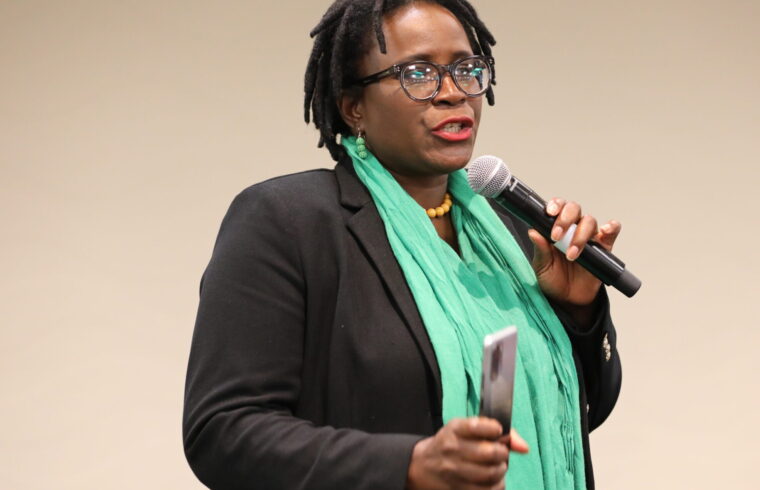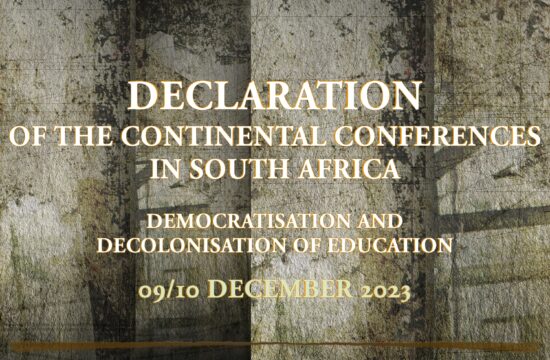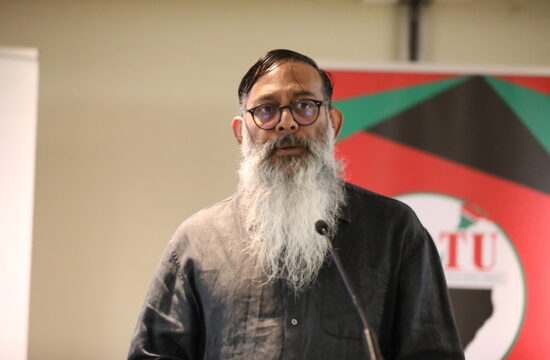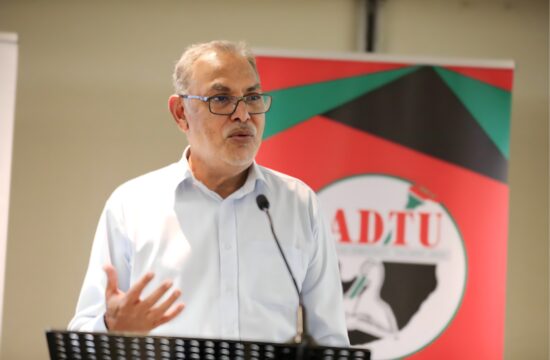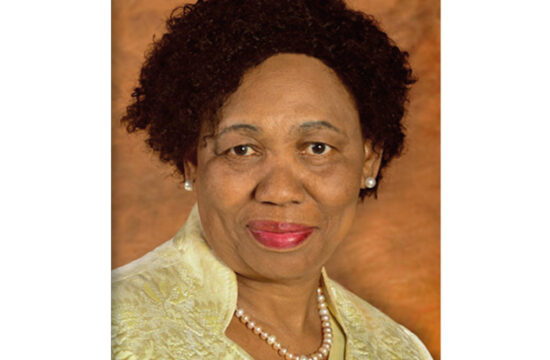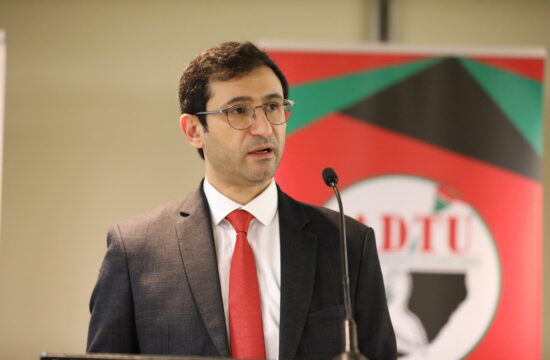Prof Martha Matashu
Faculty of Education: North West University – SOUTH AFRICA
Perhaps the realisation of Human Dignity as a core for human rights whence forth in most Africa countries and beyond could be actualised through the Extension of Article 26 of the Universal Declaration of the Human Rights proclaimed by the United Nation in 1948. Whereas most Constitutions of African countries enriched rights of education in Bills of Rights in compliance with the international treaties. Whereas states obligations to fulfil the right to education as socio- economic rights are undertaken by most African countries the lived realities however shows that many lives are living under inhuman and degrading conditions compounded with deep inequalities, poverty, violence, unrests, unemployment, unequal distribution of wealth etc. Henceforth, ideological, philosophical, and epistemological contextualization of the compelling evidence of repression of the universality of human rights and gross denial of the inherent human dignity herein prompts a call for an Extension of the Right to Education to a jus cogen level thereby bestowing universal recognition and acceptance of the inalienable duality nature of the right education as a first generation right -fundamental rights and intrinsic value in promoting human dignity as core for all other rights. Hereinafter, Extension of Article 26 of the UDHR also entitles an imposition of peremptory state obligation to protect, respect, and fulfil the rights to education. Repression of human dignity entrenches intergenerational inequalities henceforth extension of Article 26 could perhaps restore dignity as respect of humanity.
Lived realities of the denial to human dignity have deep direct effect on the worth of individual person and entrenches intergenerational inequalities in the society henceforth the urgency of the call for Extension of Article 26.

